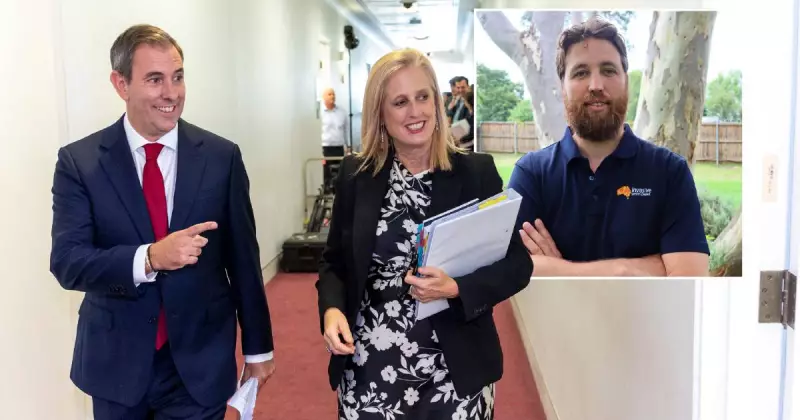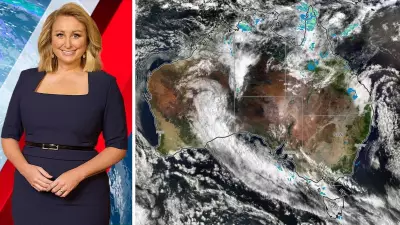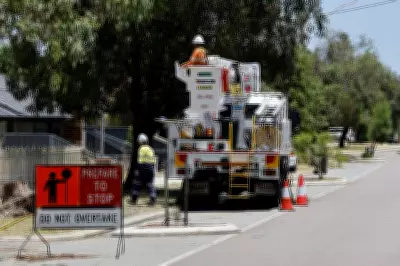
The chief executive of the Invasive Species Council, Jack Gough, has revealed his motivations after paying a substantial $13,051 for a private dinner with two of the federal government's most powerful figures.
Mr Gough secured the exclusive opportunity at the Canberra press gallery's Midwinter Ball charity auction, winning a meal with Treasurer Jim Chalmers and Finance Minister Katy Gallagher.
The dinner took place last week in a private room at the Canberra restaurant Carlotta, where Mr Gough was accompanied by former South Australian deputy premier Susan Close, Wedgetail chief executive (and wife of Canva co-founder Cameron Adams), and Rachel Hughes from Cedar Grove Landcare.
The Push for Environmental Biosecurity Funding
Mr Gough used the high-level access to advocate for a significant funding boost to protect Australia's native wildlife and ecosystems from environmental threats.
The Invasive Species Council is calling for the government to increase the Environmental Biosecurity Project Fund from its current $850,000 per year to $2.5 million annually.
The organisation argues that at least $62 million should be dedicated to environmental biosecurity functions over four years, claiming this critical area has been consistently underprioritised within government departments.
Structural Changes Signal Progress
On Wednesday, the council welcomed a significant departmental restructuring that elevates the role of Chief Environmental Biosecurity Officer to first assistant secretary level.
This places the position on equal footing with the Chief Plant Protection and Veterinary Officers, marking what advocates call an important structural shift.
Recruitment for the Canberra-based SES Band 2 role is currently underway, a change the Invasive Species Council has long advocated for alongside broader departmental reforms.
In a submission to a 2024 parliamentary inquiry, the council had criticised the department's culture as "undermining Australia's biosecurity system" and threatening wildlife, bushland and waterways.
The submission stated that while there were many good people in the department, the overall culture focused predominantly on protecting Australia's export access and agricultural industry threats, with environmental concerns treated as minor.
Broad Impacts Beyond Agriculture
The council emphasises that invasive species like fire ants and feral deer pose threats that extend far beyond agriculture, affecting human health, the environment, and tourism.
Policy Director Carol Booth described the elevated role as "an important signal from the Australian Government that environmental biosecurity is just as important as agricultural biosecurity."
"For too long, environmental threats have not been given the same level of attention as industry priorities," Dr Booth said, noting the scale of national impact on wildlife and landscapes and the flow-on effects to the economy and communities.
She warned that environmental invaders have caused "massive damage to Australia, degrading land and water and driving extinctions," and represent the leading cause of animal extinctions in the country.
Emerging threats like murder hornets, predator snails, and rock snot could drive further declines if they establish themselves in Australia, Dr Booth cautioned.
Former Australian Chief Environmental Biosecurity Officer Ian Thompson said the elevation of the role would give environmental biosecurity "a clearer mandate and strong voice within the department."
Mr Thompson called for "modest increased investment" in the Environmental Biosecurity Project Fund to protect Australia's environment from new invaders.
A department spokesperson highlighted that the federal government "has committed over $2 billion in additional resourcing to Australia's biosecurity system since 2022," noting that Australia's biosecurity system remains world-renowned.
Mr Gough expressed optimism about recent changes, telling The Canberra Times: "We've seen a real positive shift in the leadership of the department, in terms of the way that they engage stakeholders."
He cautioned that the government needed to be wary of a "narrow focus" by departments that treat agriculture and environment as separate concerns rather than interconnected priorities.





